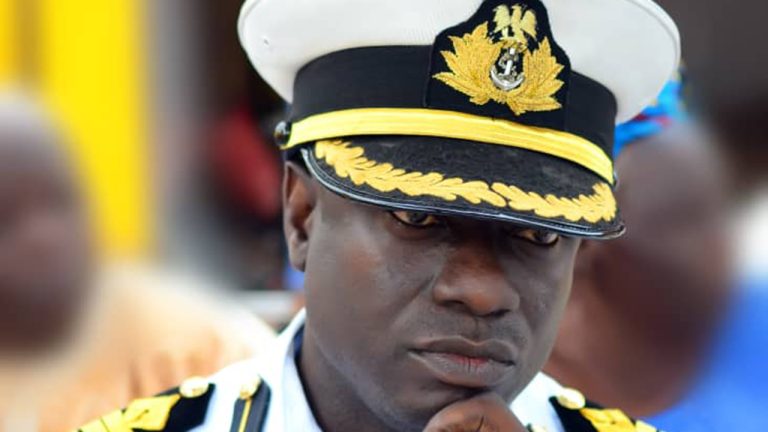There are growing concerns regarding the collaboration between the Nigerian Maritime Administration and Safety Agency (NIMASA) and the Nigerian Navy, with warnings that it could lead to overlapping jurisdiction, confusion, inefficiency, and potential security lapses within the nation’s maritime domain.
Renowned United States maritime and security expert, Prof. Alfred Oniye, pointed out significant issues with the joint operations that merit attention.
He warned that the dual roles of NIMASA in regulatory oversight and maritime safety, and the Nigerian Navy in national defense, create a potential for overlap in jurisdiction and security lapses, which could undermine efforts to secure the nation’s waters effectively.
Oniye, who is also the Secretary General of the Merchant Seafarers Association of Nigeria (MESAN), raised financial constraints as another critical concern. He noted that joint operations require substantial funding, which strains the already limited budgets of both agencies.
Additionally, the security expert cautioned against NIMASA’s over-reliance on the military capabilities of the Nigerian Navy as it could weaken the former’s long-term operational capacity and resilience,
He argued that this dependence might impede the development of NIMASA’s own civilian maritime security infrastructure, limiting its ability to independently manage and regulate the maritime environment.
Oniye suggested that a balanced approach would strengthen NIMASA’s enforcement capabilities independently of military support, thereby improving the overall maritime governance structure.
The security expert also highlighted the potential negative impact on international perceptions of Nigeria’s maritime governance, arguing that the militarisation of maritime affairs could deter foreign investments and partnerships that prefer stable and civilian-led regulatory environments.
Oniye further proposed leveraging NIMASA’s resources to create job opportunities for seafarers, addressing unemployment issues that contribute to insecurity in the maritime sector.
He emphasised that training seafarers for enforcement roles aligns with global best practices and enhances Nigeria’s compliance with international maritime laws.
He said developing a well-trained maritime workforce can contribute to economic growth and sustainability of the sector and improve the nation’s international standing, attracting increased collaboration and investment opportunities.
The security expert emphasised that the partnership must also navigate complex national and international legal frameworks, such as the United Nations Convention on the Law of the Sea (UNCLOS), to ensure all joint actions avoid legal disputes and are internationally legitimate.
While acknowledging some benefits of the NIMASA-Navy collaboration, Oniye stressed the importance of addressing these concerns to ensure a balanced approach that prioritises the development of civilian maritime capabilities while respecting legal frameworks, crucial for sustainable maritime security.
